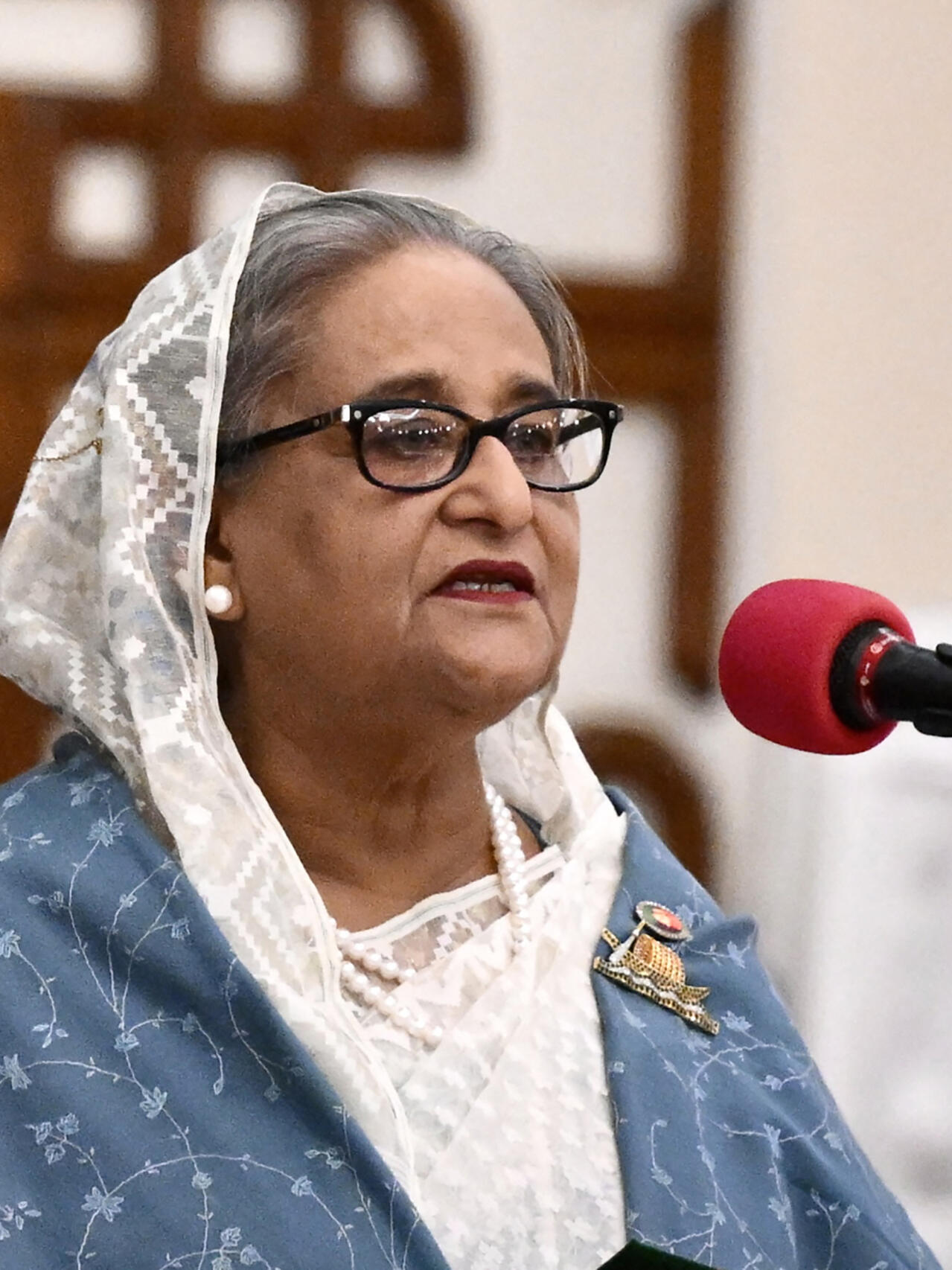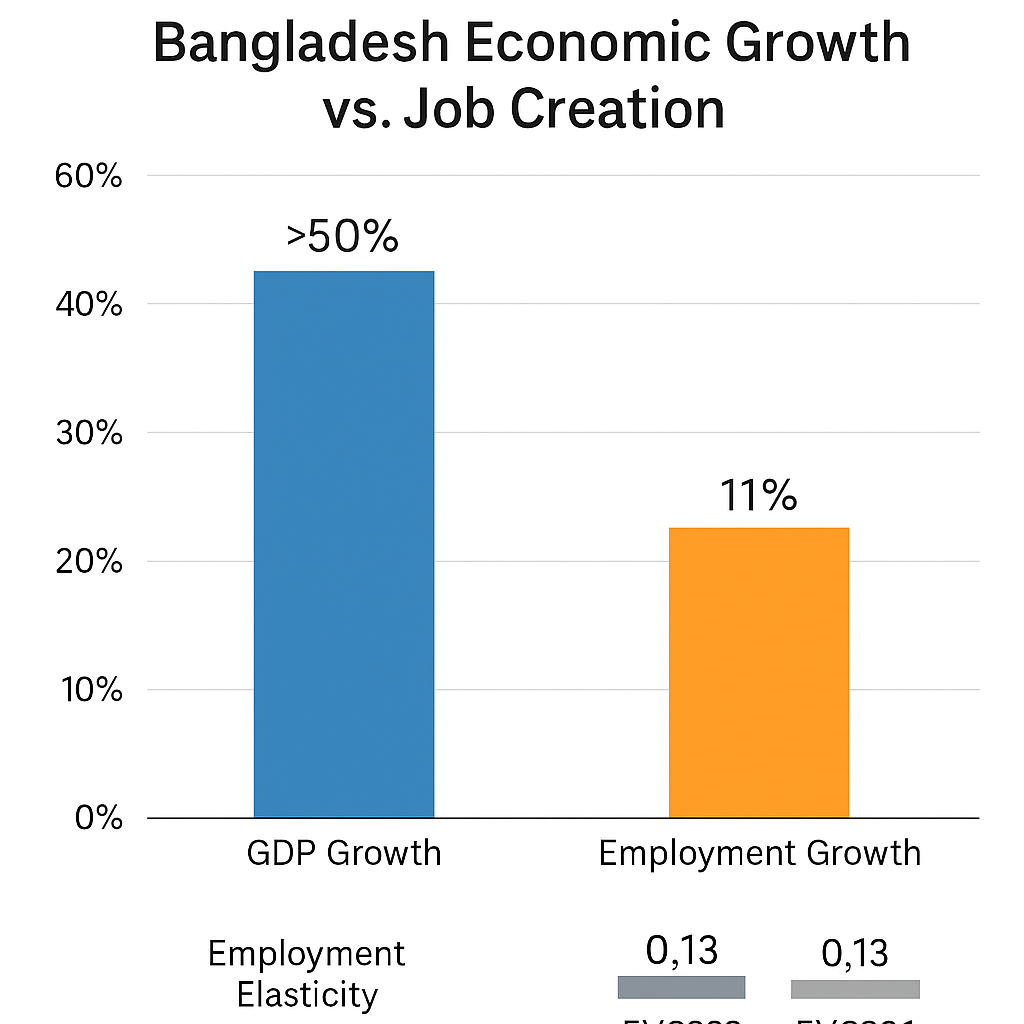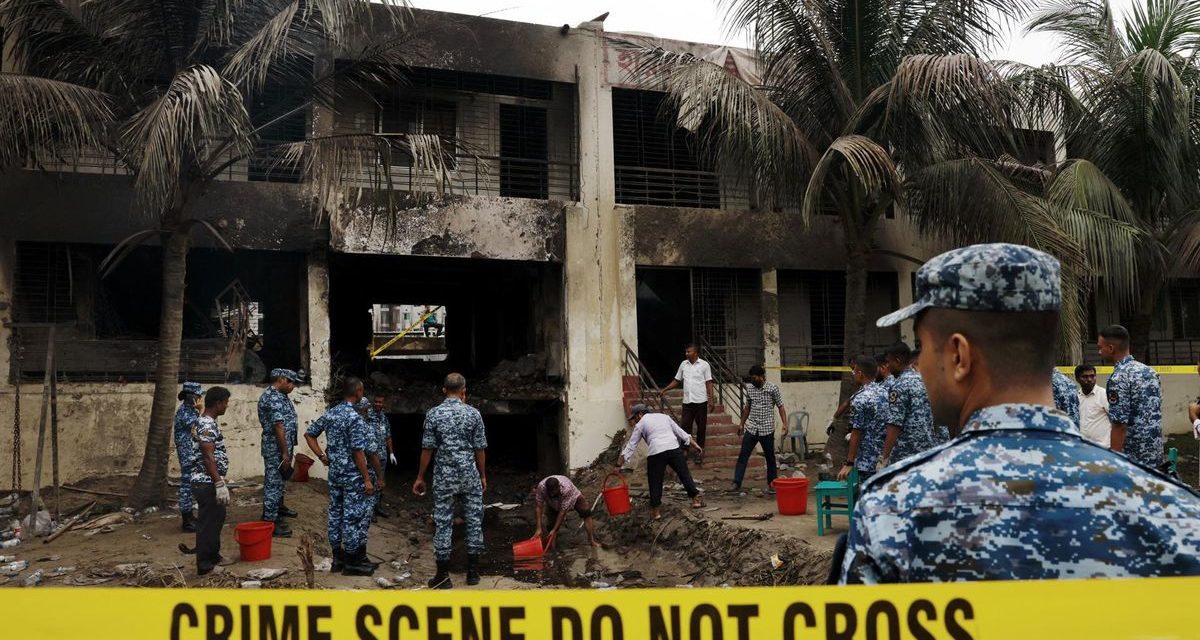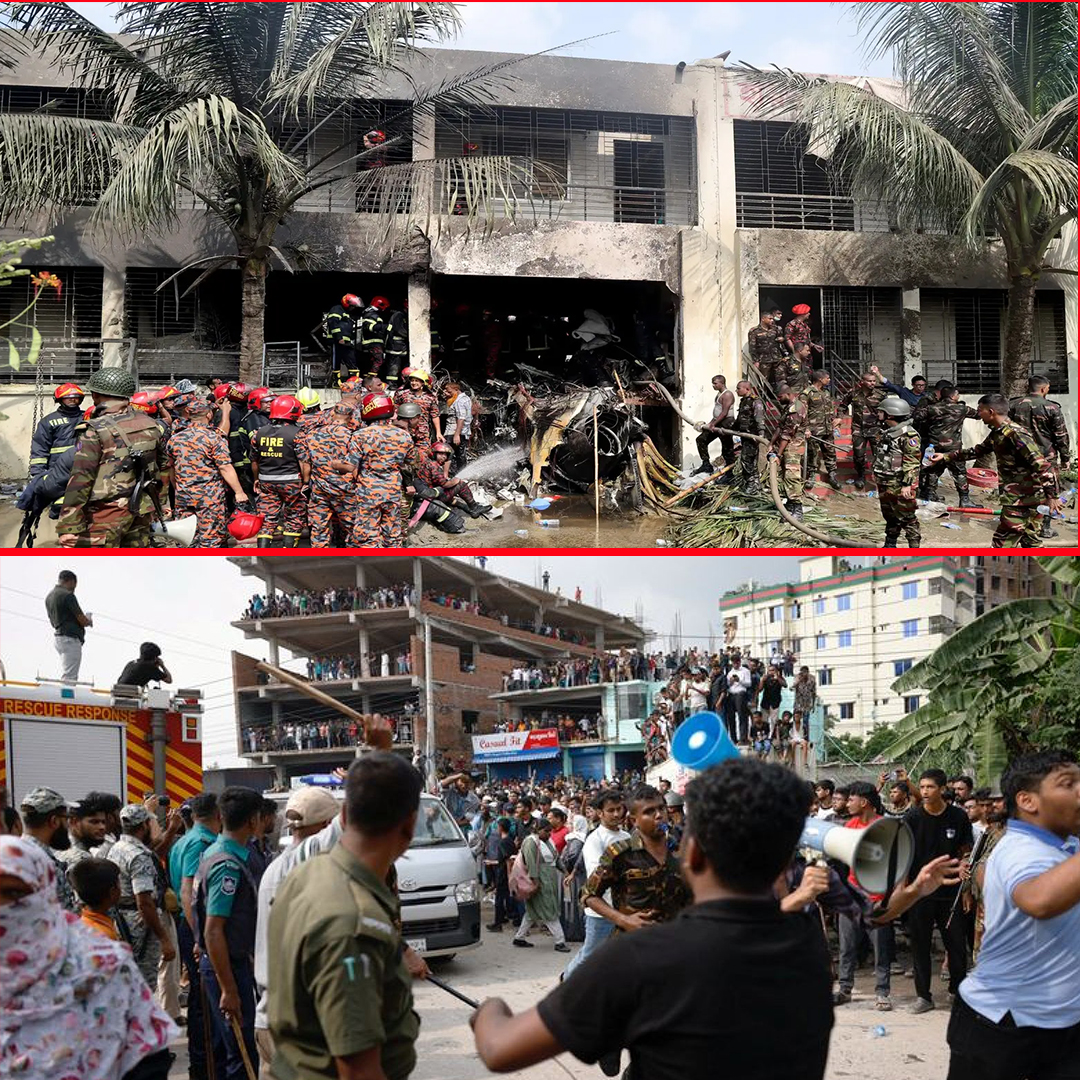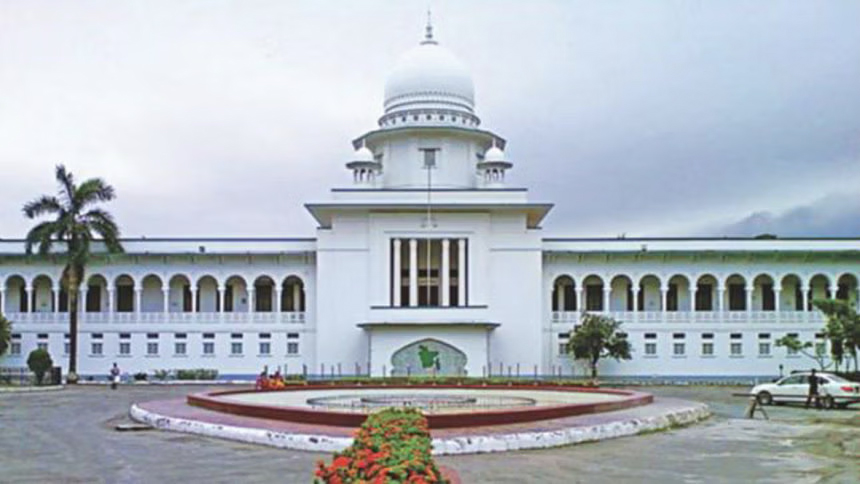
Tehran denounces former U.S. president’s comments as insulting and provocative amid stalled diplomacy and rising regional tensions
Iran has issued a sharp condemnation of former U.S. President Donald Trump over what it described as “disrespectful and unacceptable” remarks aimed at the country’s Supreme Leader, Ayatollah Ali Khamenei. The rebuke came in response to Trump’s recent claim on his social media platform, Truth Social, that he had prevented the assassination of Khamenei during his time in office, thereby “saving his life” — a statement Tehran interpreted as both offensive and threatening.
The controversial remarks have added fuel to an already combustible atmosphere between Washington and Tehran, which has been marked by deep distrust, diplomatic breakdowns, and recent military escalations involving Iran, Israel, and the United States. Iranian Foreign Minister Abbas Araghchi led the condemnation, calling Trump’s tone an insult to the Iranian nation and to the institution of its Supreme Leadership. “This kind of language is not only unbecoming of a former head of state, it also reveals a dangerously distorted understanding of international relations and diplomacy,” Araghchi stated in an official press release.
In his original message, Trump boasted that he had personally intervened to stop Israeli plans to eliminate Khamenei, claiming that his actions had spared the Iranian leader from a “humiliating death.” He added, “I SAVED HIM — and he doesn’t even have to say, ‘Thank you, President Trump!’” The post, written in Trump’s characteristic tone of bravado, drew immediate international attention and sparked outrage among Iranian officials and media outlets.
Iranian state media accused Trump of attempting to rewrite history and of using inflammatory rhetoric to rally his political base in the lead-up to the 2024 U.S. presidential election. Some analysts suggested that Trump’s remarks may have been aimed more at domestic audiences than at Iran itself, but Tehran has made it clear that it takes such statements seriously, especially when they touch on matters of national security and sovereignty.
The controversy also comes at a sensitive time for Iran, which is grappling with the aftermath of military strikes carried out in June by U.S. and Israeli forces against key Iranian nuclear facilities. While Iranian authorities have not confirmed the full extent of the damage, satellite imagery and independent reports suggest that the strikes were significant, and may have set back Iran’s nuclear capabilities by months, if not years.
These developments have complicated ongoing efforts — mostly through backchannel diplomacy — to revive the 2015 Joint Comprehensive Plan of Action (JCPOA), which aimed to curb Iran’s nuclear program in exchange for sanctions relief. Trump unilaterally withdrew from the agreement in 2018, reimposing sweeping sanctions and initiating a “maximum pressure” campaign that plunged U.S.-Iran relations to historic lows.
In recent months, there had been tentative signs that both sides were exploring ways to return to the negotiating table. However, according to diplomatic sources in Europe and the United Nations, Trump’s inflammatory rhetoric has effectively frozen those efforts. “These comments undermine the diplomatic space needed for serious negotiations,” one European diplomat said on condition of anonymity. “It’s hard to see how Iranian officials could now justify engaging with Washington when one of its most prominent political figures is making such public insults.”
From Tehran’s perspective, Trump’s comments are more than just a breach of decorum. They are seen as part of a broader strategy to delegitimize Iran’s leadership and provoke internal instability. In response, both conservative and moderate factions within Iran’s political establishment have rallied in support of Khamenei, framing the incident as an attack on the nation’s dignity and independence.
Iran’s clerical leadership has long used such moments of foreign confrontation to bolster internal unity, and this latest controversy appears to be no different. Friday prayer leaders across the country used their sermons to denounce American arrogance and to praise the Supreme Leader’s steadfastness. “Our enemies try to insult our leaders because they are unable to defeat our resolve,” said Ayatollah Mohammad Emami Kashani in Tehran. “But we will not be shaken by the words of arrogant men.”
International reactions to the standoff have been measured but concerned. The United Nations has called for restraint and has reiterated the importance of maintaining diplomatic channels. China and the European Union have also urged both parties to avoid provocation and to recommit to constructive dialogue.
Trump’s comments may also have implications beyond the immediate U.S.-Iran relationship. Analysts say the rhetoric could complicate Washington’s standing with its European allies, many of whom have invested political capital in trying to salvage the Iran deal. Moreover, the remarks risk inflaming tensions across the wider Middle East, where Iran-backed militias, Israeli forces, and U.S. troops often operate in close proximity.
While Trump remains a private citizen, his voice carries weight, particularly as he mounts a potential return to the presidency. For Iran, the episode serves as a reminder of how volatile U.S. politics can directly impact its own national security landscape. And for Washington, it underscores the risks involved when high-level political discourse crosses into the realm of personal insult — especially in a region as volatile as the Middle East.
As the situation develops, there is little indication that either side is prepared to de-escalate. Trump has not retracted his comments, and Iranian officials continue to issue strong statements defending their leader. Whether this incident will harden existing fault lines or push both nations closer to confrontation remains to be seen.
source :www.thedailystar

